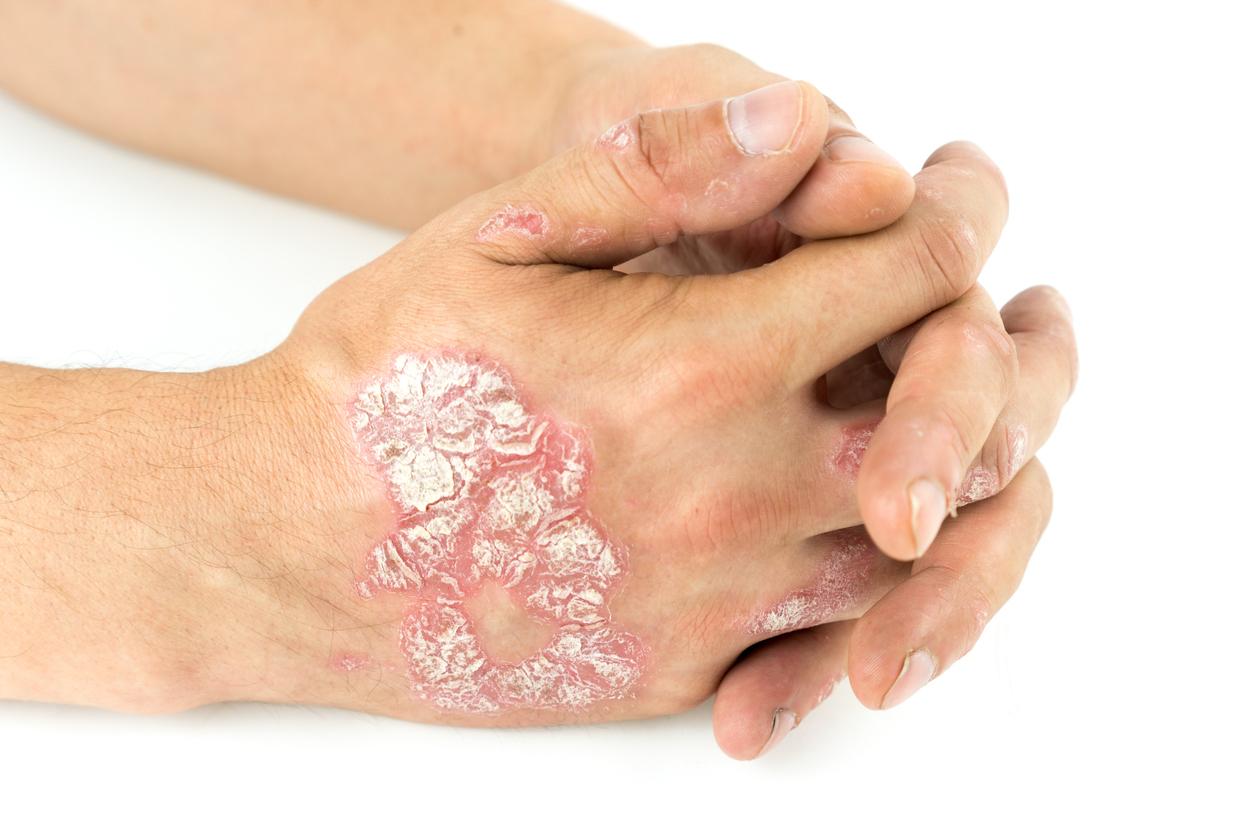More than two million Dutch people have rheumatic complaints
The best experts and scientists screen the most common diseases among people over 50. What are the most hopeful developments in diagnosis and treatment? We ask Prof. Paul-Peter Tak about the future of rheumatism.
Preventive diagnosis
Paul-Peter Tak: “The latest developments concern the most serious form of rheumatism: rheumatoid arthritis (RA) or inflammatory rheumatism. In this autoimmune disease, the immune system turns against its own body and the inflammatory cells accumulate in the joints. Once damage has occurred in the joints, it is irreparable.
Recently, we have been able to identify and control people with a 25 percent increased risk of RA with a test. It concerns patients with painful joints and a positive blood test for rheumatoid factors, the so-called anti-CCP substances. At the AMC, we are now investigating whether we can prevent RA in them using this test. In a major study, we administer a medication to them once. In this way we try to prevent them from getting RA and having to go on medication in the future. Test subjects can still participate in this study.”
Patient advantage:
“Very early detection of RA. And therefore early treatment, so that much less medication may be needed later on and damage to the joints is prevented. Painful, swollen and deformed joints: we hardly see these anymore in our patients in the clinic. Moreover, through early treatment you probably reduce the greater risk of cardiovascular disease that you have as a RA patient.”
More powerful medicines
“New – and hardly done in other hospitals – is that we offer tailor-made therapy: based on the patient’s profile (the complaints, blood test data, genetic factors and how severe the disease is) we determine the best treatment. for this individual patient.
We always start as soon as possible with traditional anti-inflammatories, such as methotrexate. However, in two-thirds of patients, these drugs are not effective enough. For them we have the so-called biologicals: new medicines that are made with biotechnological techniques. They are relatively expensive drugs – often costing more than $15,000 per year per patient – that very powerfully suppress the destructive effect of the immune system. They work in 60 to 70 percent of RA patients. There are different types, each with its own function.
Some must be self-administered by the patient with a syringe pen or prefilled syringe, for example adalimumab (brand name Humira) or etanercept (Enbrel). It is also possible that biologicals are administered in the hospital via an IV: infliximab (Remicade), rituximab (Mab Thera), abatacept (Orencia) or tocilumab (RoActemra). In patients who do not respond sufficiently to one drug, we may be able to combine biologicals with each other, but we are only doing that in a research context.”
Patient advantage: “Less joint damage and better functioning in daily life. Not so long ago people became disabled by this chronic joint inflammation and they had an increased chance of dying prematurely. With the new drugs, we can calm RA and keep it under very good control.
There are also disadvantages. Biologicals affect your defenses; you are less well protected against infections and that can be dangerous in some cases. You also have to inject yourself or regularly go to the hospital for an IV, depending on the drug every two or four weeks, or once a year.”
Gene therapy for the future
“If, despite treatment with biologicals, the rheumatoid arthritis still remains active in a number of joints, we could apply local gene therapy. We introduce a piece of DNA into a cell in the affected joint. This produces a protein that contributes to inhibiting inflammation. We expect to start testing this therapy in patients in a year or two.”
Patient advantage:
“When other therapies do not help enough, gene therapy could be a solution.”
The AMC in Amsterdam is conducting research into the prevention of RA in people who only have pain complaints and rheumatoid factors in the blood. New therapies are also being tested in patients with both early and long-standing RA.
Prof. dr. Paul-Peter Tak is Professor of Rheumatology and Head of Clinical Immunology and Rheumatology at the Academic Medical Center (AMC) in Amsterdam.
|
€19.95 |
Sources):
- Plus Magazine








 Care book Systemic lupus erythematosus (SLE)
Care book Systemic lupus erythematosus (SLE)






